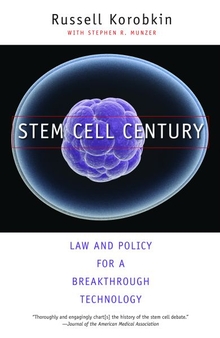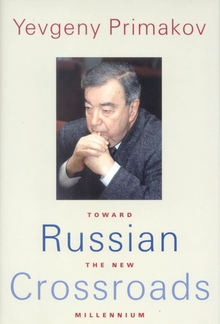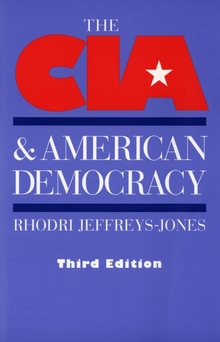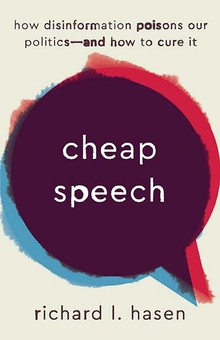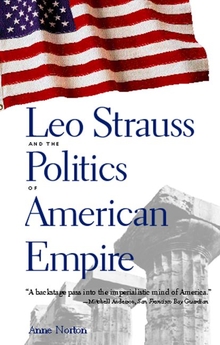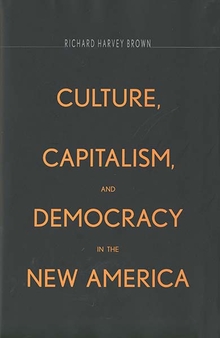Stem Cell Century
WARNING
You are viewing an older version of the Yalebooks website. Please visit out new website with more updated information and a better user experience: https://www.yalebooks.com
Law and Policy for a Breakthrough Technology
Russell Korobkin with Stephen R. Munzer
Listen to an interview with the author on the Yale Press Podcast.
A timely and provocative analysis of the broad range of policy issues raised by stem cell science and how lawmakers should address them
The explosion of interest in stem cell research raises a raft of controversial policy questions. When should human embryos be used to create stem cells? Should cloning be outlawed? Should egg and tissue donors be paid? Should we allow scientists to patent stem cells? Is the government entitled to a portion of the revenue from stem cell technology created with public funds? How should the regulators and courts balance the competing goals of access to revolutionary treatments and protection of the public from unknown risks?
Russell Korobkin, with contributions from Stephen R. Munzer, provides the first thorough discussion and analysis of these and other unsettled questions of law, policy, and ethics that surround stem cell science. His clear and concise description of complex problems coupled with logical and well-balanced conclusions makes this volume essential reading for all Americans, general readers and experts alike, interested in the promise of stem cell research and the future of regenerative medicine.
Russell Korobkin is a professor of law at the UCLA School of Law and senior fellow at the UCLA Center for Society and Genetics.
Stephen R. Munzer is also a professor of law at the UCLA School of Law and senior fellow at the UCLA Center for Society and Genetics.
Visit the author's website, StemCellCentury.com.Watch the author's recent panel discussion on the topic, covered by CSPAN's BookTV.
Co-hosted by the Harvard Stem Cell Institute and the Petrie-Flom Center for Health Law Policy, Biotechnology, and Bioethics at Harvard Law School, the panelists include: Brock C. Reeve of the Harvard Stem Cell Institute; Francis Kamm and Kevin Eggan of Harvard University; and Pamela Samuelson of the University of California, Berkeley.
"Are we prepared to face the unique challenges of stem cell research as it moves from the laboratory to medical treatments? Thanks to the remarkable work of Russell Korobkin, we now have a clear and thorough road map to follow. Whether you are a policy-maker, attorney, biotech executive, patient, or concerned citizen, you will be well served to read Stem Cell Century."—Bernard Siegel, Executive Director, Genetics Policy Institute
"Stem Cell Century provides a very clear analysis of the policy issues around cloning and stem cells in biomedicine, on the basis of a sound scientific understanding of the underlying biology.”—Ian Wilmut, Director, Edinburgh University Centre for Regenerative Medicine and creator of "Dolly" the lamb, the world's first cloned mammal
Publication Date: January 27, 2009
For additional resources and expanded information on stem cell research, please visit these websites of note:
US-Based Organizations & Advocacy Groups
- Alliance for Aging Research
- ALS Association (ALSA)
- Arthritis Foundation
- Christopher and Dana Reeve Foundation
- Coalition for the Advancement of Medical Research
- Juvenile Diabetes Research Foundation
- March of Dimes
- Michael J. Fox Foundation for Parkinson’s Research
- National Marrow Donor Program (NMDP)
International Research Centers And Institutes
- Australian Stem Cell Centre
- Canadian Institutes of Health Research (CIHR)
- Centre for Stem Cell Biology (University of Sheffield, UK)
- EuroStemCell
- The Goldyne Savad Institute of Gene Therapy (Hadassah University Hospital, Israel)
- The Institute for Stem Cell Research (UK)
- Institute of Human Genetics at the University of Newcastle upon Tyne
Professional Associations & Non-Profit Organizations
- American Medical Association (AMA)
- American Society for Cell Biology (ASCB)
- American Society for Reproductive Medicine (ASRM)
- Association of American Medical Colleges (AAMC)
- Federation of American Societies for Experimental Biology
- The International Cord Blood Society
- International Society for Stem Cell Research
- Genetics Policy Institute
Research Programs at Universities & Institutions
- Bedford Stem Cell Research Foundation
- California Institute for Regenerative Medicine
- Harvard Stem Cell Institute
- McGowan Institute for Regenerative Medicine
- National Human Neural Stem Cell Resource
- Pittsburgh Development Center (of Magee-Womens Research Institute)
- Sloan-Kettering Institute
- Stanford Institute for Stem Cell Biology and Regenerative Medicine
- Texas Heart Institute Stem Cell Center
- Tulane University Center for Gene Therapy
- UC Irvine Stem Cell Research Center
- UCSF Institute for Regeneration Medicine
- University of Minnesota Stem Cell Institute University of Wisconsin Stem Cell Research
*This information presented here is informational only. It is not a conclusive list of all available resources on the subject. Please email us with any questions or comments.

